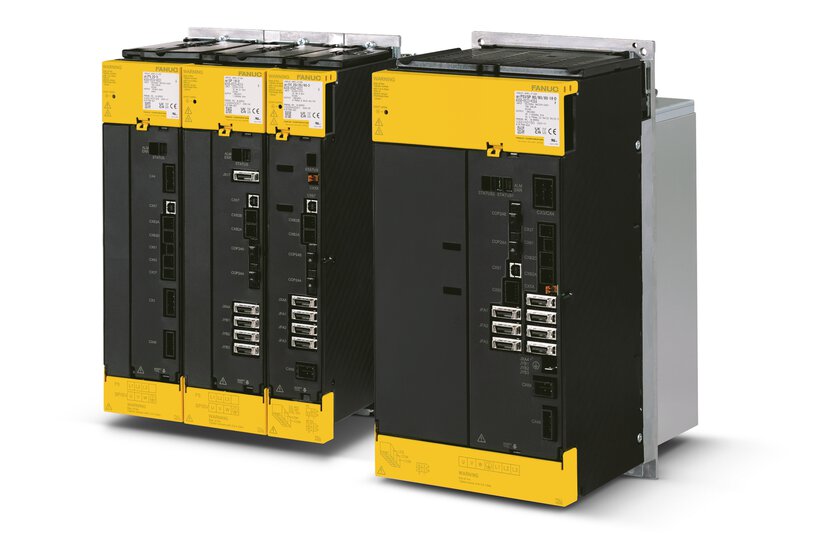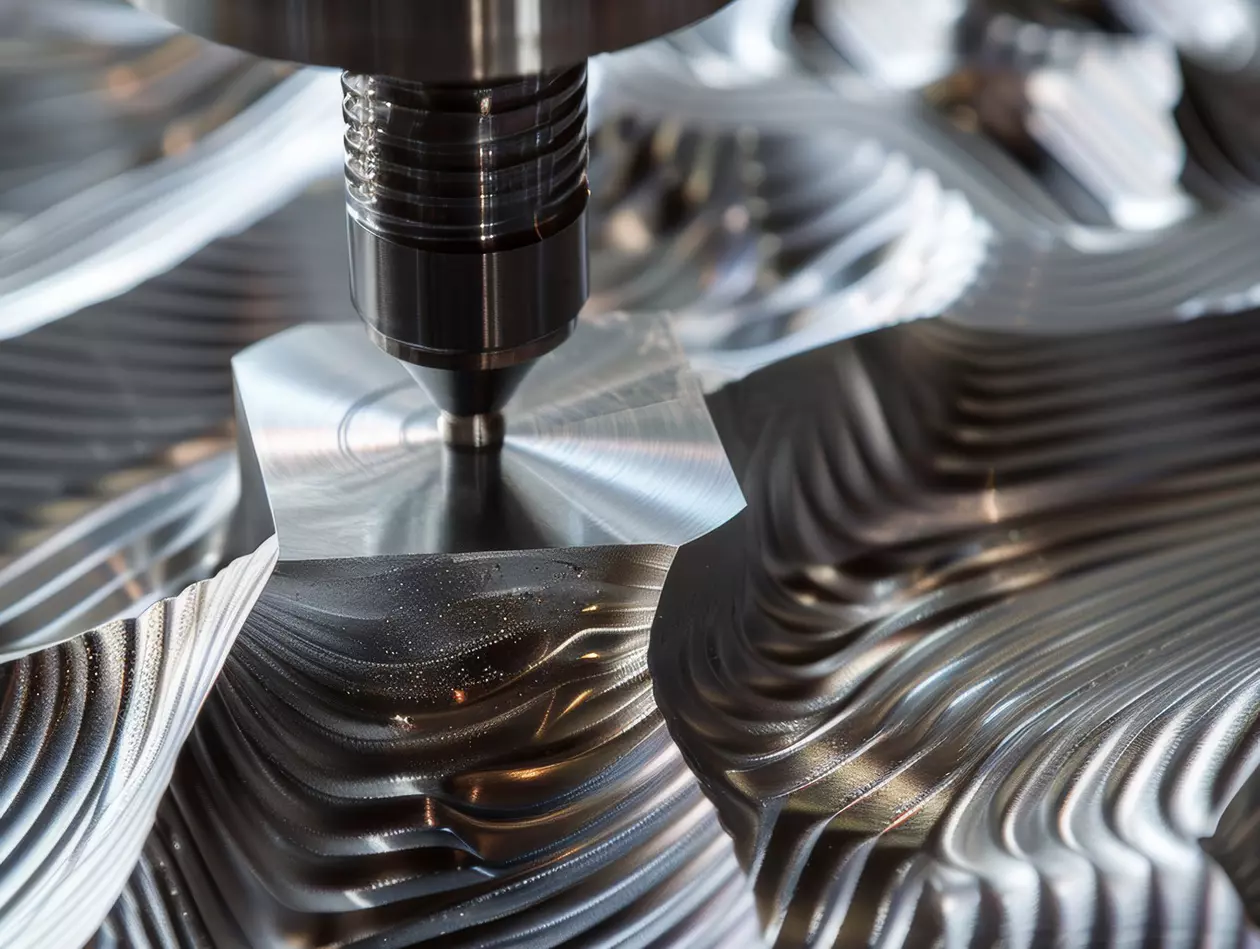
- Europe
- FANUC Europe
- Albania
- Andorra
- Austria
- Belgium
- Bosnia and Herzegowina
- Bulgaria
- Croatia
- Cyprus
- Czech Republic
- Denmark
- Estonia
- Finland
- France
- Germany
- Greece
- Hungary
- Iceland
- Ireland
- Israel
- Italy
- Kosovo
- Latvia
- Liechtenstein
- Lithuania
- Luxembourg
- Malta
- Moldova
- Montenegro
- Netherlands
- North Macedonia
- Norway
- Poland
- Portugal
- Romania
- San Marino
- Serbia
- Slovakia
- Slovenia
- Spain
- Sweden
- Switzerland
- Turkey
- Ukraine
- United Kingdom
- Vatican
- Americas
- USA
- Africa
- Algeria
- Egypt
- Morocco
- Tunisia
- Asia
- Armenia
- Azerbaijan
- Georgia
- Kazakhstan
- Kyrgyzstan
- Tajikstan
- Turkmenistan
- Uzbekistan


Servo Amplifiers
Improve your industrial efficiency with our FANUC Servo Amplifiers. Designed for precise control and high-speed performance, they optimise operations and integrate easily with various motors. Utilising advanced technology, our Servo Amplifiers provide real-time responsiveness and easy integration with a wide range of motors.
Featuring energy-saving technology, these amplifiers boost productivity and reduce power consumption. Their robust design ensures long-lasting reliability, making them ideal for diverse industrial applications. Experience superior performance and sustainability with FANUC Servo Amplifiers.
Get Inspired
Perfect Fit for Your Application

CNC Milling
CNC milling is a machining process that uses computer-controlled rotating cutting tools to remove material from a workpiece to create a desired shape. It is widely used for producing precision parts with complex geometries. The process involves securing the workpiece on a movable table and using various tools to cut, drill, and shape the material based on programmed instructions.

CNC Grinding
Grinding is a precision machining process using an abrasive wheel as a cutting tool to remove material from a workpiece. It achieves fine finishes and accurate dimensions, particularly on hard materials. The process involves a rotating abrasive wheel that shaves off material to reach the desired shape and size, and is essential for creating flat, cylindrical, or conical surfaces in modern manufacturing.

High Speed Drilling and Tapping
High-speed drilling and tapping are essential processes in manufacturing and construction industries. These techniques involve drilling holes and creating threads quickly and efficiently, allowing for increased productivity and precision in various applications. By utilising high-speed drilling and tapping, companies can streamline their operations and achieve faster turnaround times without sacrificing quality.

Wire Cutting EDM
Wire EDM (Electrical Discharge Machining) is a precision manufacturing process that uses a thin, electrically charged wire to cut intricate shapes and contours in hard metals and conductive materials. The wire generates a series of rapid electrical discharges, which erode the material with extreme accuracy without applying mechanical force. This non-contact method allows for the production of highly detailed, complex parts with excellent surface finishes, making it essential for industries that require precise machining, such as aerospace, medical, and mould-making.

5 Axis Machining
5-axis CNC machining involves simultaneous movement along five axes—three linear (X, Y, Z) and two rotational. This capability allows for the creation of complex parts in a single setup, significantly enhancing precision and efficiency. By moving the cutting tool and workpiece along these five different axes, the 5-axis CNC can produce highly intricate shapes and detailed features.
Tailored Solutions for Your Industry

Complex Machining for the Aerospace Industry
Optimise Aerospace Manufacturing Processes with FANUC’s State-of-the-Art Complex Machining Solutions!

Complex Machining for the Automotive Industry
Precision and Efficiency in Automotive Manufacturing!

Electric Vehicles
No one has more experience automating electric vehicle production than FANUC. Trust us to help automate all of your EV manufacturing processes.

Electronics
We provide automated solutions for electronics manufacturing and clean room settings.

Complex Machining for the Medical industry
Medical Manufacturing Excellence with FANUC's Technology!
Get in Touch
Solutions
CUSTOMER SERVICE
NEWS & MEDIA
CONTACT










